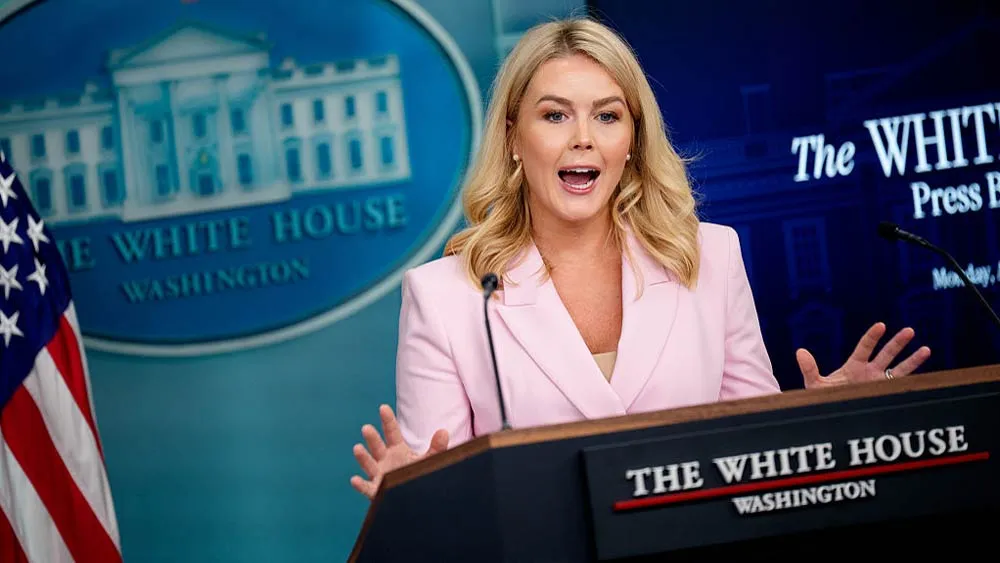February 12, 2014
Judge To Hear Challenge Of Texas' Gay Marriage Ban
Bobby McGuire READ TIME: 3 MIN.
AUSTIN, Texas -- Two homosexual couples challenging Texas' ban on same-sex marriage will take their case to federal court on Wednesday in the wake of recent legal victories in two other conservative states.
U.S. District Judge Orlando Garcia is expected to decide whether to temporarily block the law, approved by voters in 2005, until a trial can be held in the couples' case. Similar lawsuits have been filed in 22 other states, but the Texas lawsuit is the first of its kind in the region covered by the southern and deeply conservative 5th U.S. Circuit Court of Appeals, where the case will likely end up.
Texas Attorney General Greg Abbott, a Republican running for governor, opposes legalizing gay marriage and has vowed to defend the law, a state constitutional amendment that defines marriage as between one man and one woman. But civil rights groups that recently won injunctions against similar bans in Utah and Oklahoma relied on the same argument being cited in the Texas case: Banning gay marriage violates the equal protection clause of the 14th Amendment.
The U.S. Supreme Court has allowed the laws in Oklahoma and Utah to remain in effect pending a ruling by the 10th U.S. Circuit Court of Appeals in Denver. If that court rules in favor of gay marriage later this year, it could clear the way for same-sex weddings in those and four neighboring states.
Garcia, who was appointed by President Bill Clinton, could make a ruling from the bench on Wednesday or issue a written ruling later.
Wednesday's hearing combines two cases, one from Mark Phariss and Victor Holmes who filed a federal civil rights lawsuit complaining that Texas' ban unconstitutionally denies them the fundamental right to marry because of their sexual orientation. The other lawsuit was filed by Cleopatra De Leon and Nicole Dimetman, who argue that Texas officials are violating their rights and those of their 2-year-old child by not recognizing their marriage license from Massachusetts.
Holmes and De Leon are both U.S. Air Force veterans who served in San Antonio, though both couples have since moved away.
"Denial of marriage equality humiliates the children of same sex couples," Dimetman said. "An injunction gives our son the opportunity to escape that humiliation as he is not yet, but will soon be, old enough to understand and internalize what discrimination is or that it is being directed at him."
San Antonio attorney Barry Chasnoff said there is no compelling purpose to justify denying his clients' marriage rights under the 14th Amendment.
"If morality is to be our guide, as defendants may argue, let it be that fine quality of morality enshrined in the Constitution, which requires that we treat all citizens with equal dignity and respect under the law," the couples' application for an injunction said. "It is the ingenious character of the Constitution that this equal protection serves to permit members of minority groups to become full participants in society."
Attorneys general in other states have taken mixed approaches to court challenges to bans on gay marriage. Utah and Oklahoma are fighting rulings lifting their bans. In Nevada and Virginia, attorneys general have chosen not to defend them.
Abbott has said he will support the Texas ban.
"The attorney general's office will defend the Texas Constitution in this case just as we do in all cases where state laws are challenged in court," Abbott's spokeswoman Lauren Bean said. "The U.S. Supreme Court was clear that states have independent authority to establish their marriage laws."


